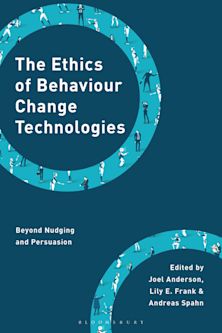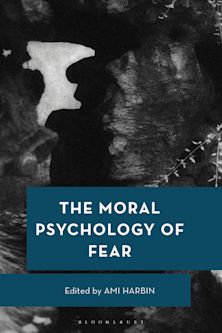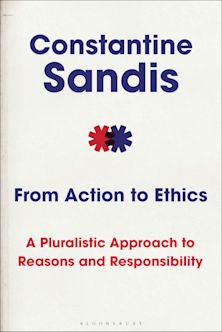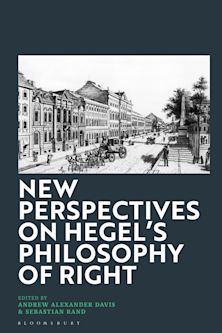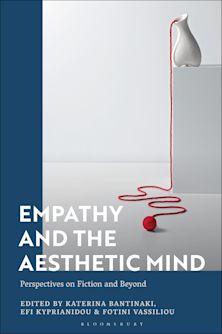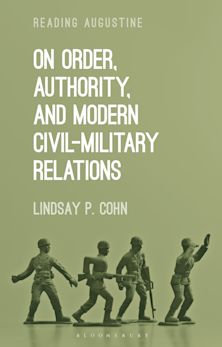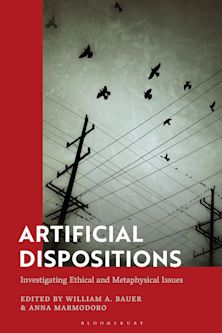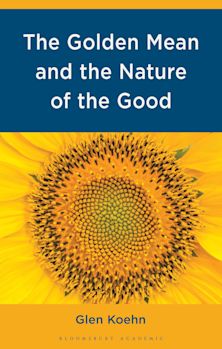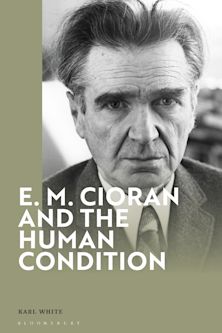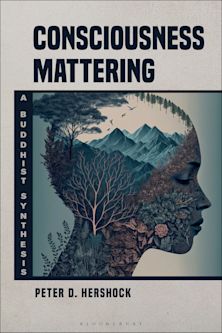- Home
- ACADEMIC
- Philosophy
- Ethics and Moral Philosophy
- A Liberal Theory of Practical Morality
This product is usually dispatched within 1 week
- Delivery and returns info
-
Free US delivery on orders $35 or over
You must sign in to add this item to your wishlist. Please sign in or create an account
Description
Moral issues and questions abound in daily life. Media outlets frequently raise awareness of many, such as those concerning individuals’ right to privacy. The same venues seldom, if ever, raise awareness of others, such as moral issues and questions concerning our fantasies. Regardless of the level of publicity various venues afford particular moral matters, most people who become aware of those matters find many interesting and important. A problem most encounter, however, is determining the criteria through which they should approach the moral matters they wish to engage. Ethicists have long sought a moral theory that would provide the desired criteria, but most will grant readily that those efforts have not produced a generally-accepted theory. This book presents the author’s case that a kind of moral liberalism is the theory we should use to engage daily life’s moral matters. The author presents a conception of moral liberalism, argues that it is the best approach to practical morality in a plural society, and applies it to several of morality’s practical matters.
Table of Contents
Product details
| Published | May 25 2021 |
|---|---|
| Format | Hardback |
| Edition | 1st |
| Extent | 306 |
| ISBN | 9781786612243 |
| Imprint | Rowman & Littlefield Publishers |
| Dimensions | 9 x 6 inches |
| Publisher | Bloomsbury Publishing |
About the contributors
Reviews
-
Spurgin has made a major contribution to the field of practical ethics. A Liberal Theory of Practical Morality innovates by demonstrating uncharted thematic unity across various disciplinary silos. He ties together disparate elements by applying a systematic analysis based on a rock-solid theoretical background. His writing is concise, commanding, and lucid throughout, creating a masterful work that will become fundamental to research and policy going forward.
Kevin Gibson, professor emeritus of philosophy, Marquette University
-
With lucid analysis and engaging examples, Spurgin defends a moral liberalism whose central value is autonomy. Spurgin’s fresh insights on timely practical controversies illuminate how we may act, think, and feel. This book charts compelling liberal paths through complex ethical dilemmas.
Andrew I. Cohen, professor of philosophy and director of the Jean Beer Blumenfeld Center for Ethics, Georgia State University
-
If systematizing a sentimentalist version of liberalism as a new moral framework were this book’s singular accomplishment, it would warrant serious attention. But Spurgin also examines current cultural issues to motivate the theory development as well as to show its unique answers. Innovative, thought-provoking, and ground-breaking, this is essential reading for theorists and students of liberalism, sentimentalism, and practical ethics.
Deborah Mower, associate professor of philosophy, The University of Mississippi
-
Spurgin is careful, thorough and exacting in making the case for his liberal theory of practical morality (NB there is no border wall between moral and political liberalism). And so, he has written a very fine book that addresses an unarguable need in plural societies for a method to reflectively, effectively and civilly adjudicate practical issues.
Daniel E. Wueste, professor of philosophy, Clemson University
-
Can liberalism make moral sense of pressing practical matters? Drawing on recognizable, contemporary controversies, philosopher Earl Spurgin makes full use of their richness and concrete details to show that moral liberalism ultimately passes the test. With admirable honesty, Professor Spurgin also shares examples from his own life—proof that good philosophy can be not only practical but also personal. The result is a book that is as engaging and delightful to read as it is philosophically compelling.
Terry L. Price, professor and Coston Family Chair in Leadership and Ethics, Jepson School of Leadership Studies, University of Richmond
-
This book invites readers to consider a familiar view in a new light: liberalism as a moral (and not just a political) doctrine. Through clear writing, careful argumentation, and sensible judgment, Spurgin makes a persuasive case. Students and scholars alike will especially enjoy the detailed applications of moral liberalism to topics that are typically ignored in college ethics classes, including the duties of social media users, the obligations of nongovernmental institutions, role models, and the permissibility of schadenfreude. Given that so much current attention focuses on politics and group characteristics, Spurgin’s emphasis on individual responsibilities is a refreshing and welcome corrective.
Sam Bruton, professor of philosophy, University of Southern Mississippi

ONLINE RESOURCES
Bloomsbury Collections
This book is available on Bloomsbury Collections where your library has access.
















